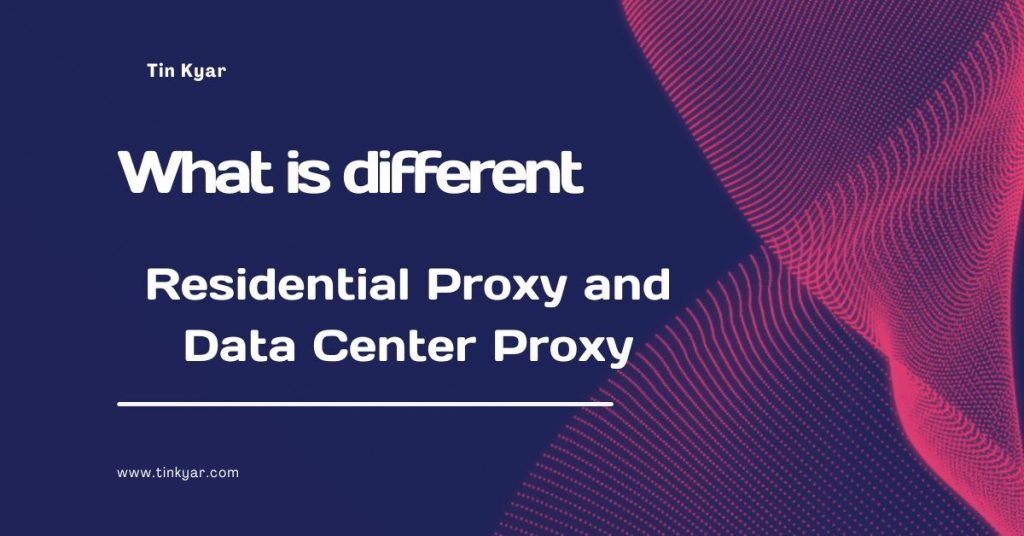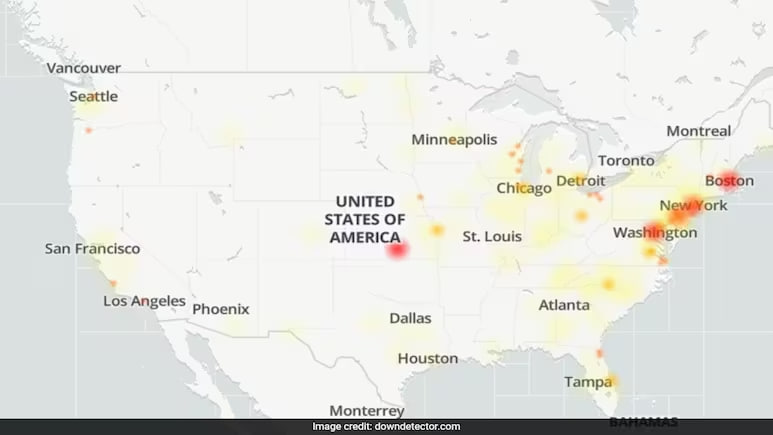In the world of proxies, two terms that often pop up are “Resident Proxies” and “Data Center Proxies.” While they both serve the purpose of masking your IP address and providing anonymity online, they have significant differences in how they operate and their intended use cases. In this blog post, we’ll delve into the nuances of each type of proxy and explore their unique characteristics.
What are Proxies?
Before diving into the specifics of Resident Proxies and Data Center Proxies, let’s first establish what proxies are in general. A proxy server acts as an intermediary between your device and the internet. When you connect to the internet through a proxy, your requests are routed through the proxy server, which then forwards them to the intended destination. This process hides your IP address and provides various benefits such as enhanced security, anonymity, and the ability to bypass geo-restrictions.
Resident Proxies
Resident Proxies, also known as Residential Proxies, derive their name from the fact that they use IP addresses associated with residential internet service providers (ISPs). These proxies route your internet traffic through real residential IP addresses, making it appear as if your requests are coming from regular households.
Key Characteristics of Resident Proxies:
- Legitimate IP Addresses: Resident proxies use IP addresses assigned to residential users by ISPs. These IP addresses are genuine and are less likely to be flagged as suspicious by websites.
- High Trustworthiness: Since they emulate genuine residential users, resident proxies are generally considered more trustworthy by websites and are less likely to be blocked or banned.
- Anonymity and Geolocation: Resident proxies provide high levels of anonymity and can effectively mask your actual location, making them suitable for tasks requiring geo-targeting or bypassing regional restrictions.
- Relatively Slower Speeds: One downside of resident proxies is that they tend to be slower compared to data center proxies. This is because they rely on residential internet connections, which may not offer the same speed and stability as data center networks.
Data Center Proxies
On the other hand, Data Center Proxies are not associated with residential ISPs. Instead, they are hosted on servers in data centers, hence the name. These proxies use IP addresses provided by data center hosting services.
Key Characteristics of Data Center Proxies:
- High Speeds: Data center proxies typically offer faster speeds and lower latency compared to resident proxies. This is because they operate on high-speed data center networks optimized for handling large volumes of traffic.
- Abundance and Scalability: Data center proxies are readily available in large quantities, making them suitable for tasks that require scalability, such as web scraping or automation.
- Lower Cost: Due to their abundance and ease of provisioning, data center proxies are often more affordable than resident proxies.
- Potential for Detection: Since data center proxies use IP addresses from known hosting providers, they are more susceptible to detection and blocking by websites that employ anti-proxy measures.
In summary, both Resident Proxies and Data Center Proxies serve the purpose of anonymizing your internet traffic and providing various benefits such as enhanced privacy and bypassing geo-restrictions. However, they differ significantly in their underlying infrastructure, speed, trustworthiness, and potential use cases.
When choosing between Resident Proxies and Data Center Proxies, it’s essential to consider your specific requirements, such as speed, reliability, anonymity, and budget. Whether you opt for the authenticity of Resident Proxies or the speed of Data Center Proxies, understanding the differences between the two can help you make an informed decision that aligns with your needs.






